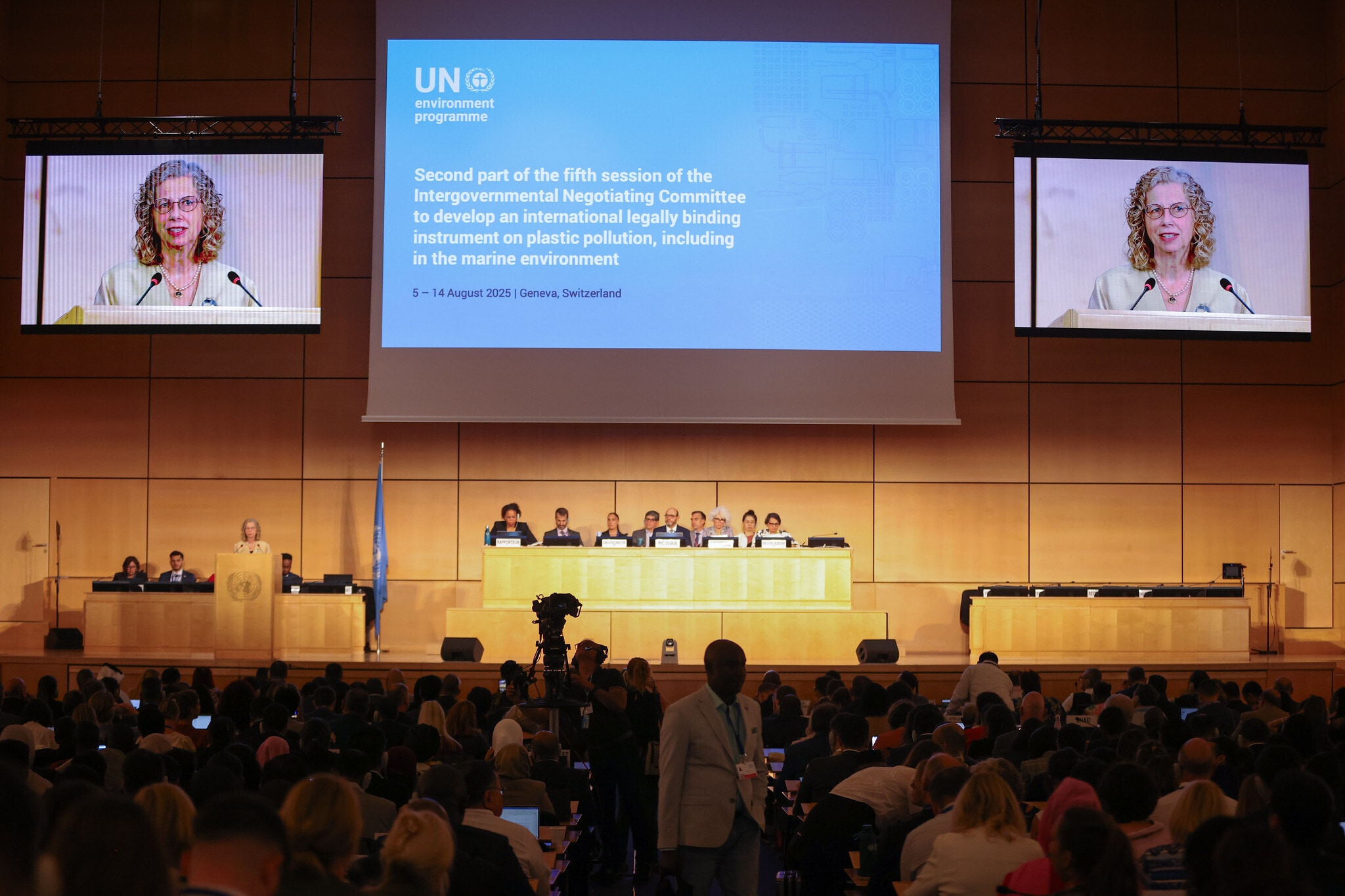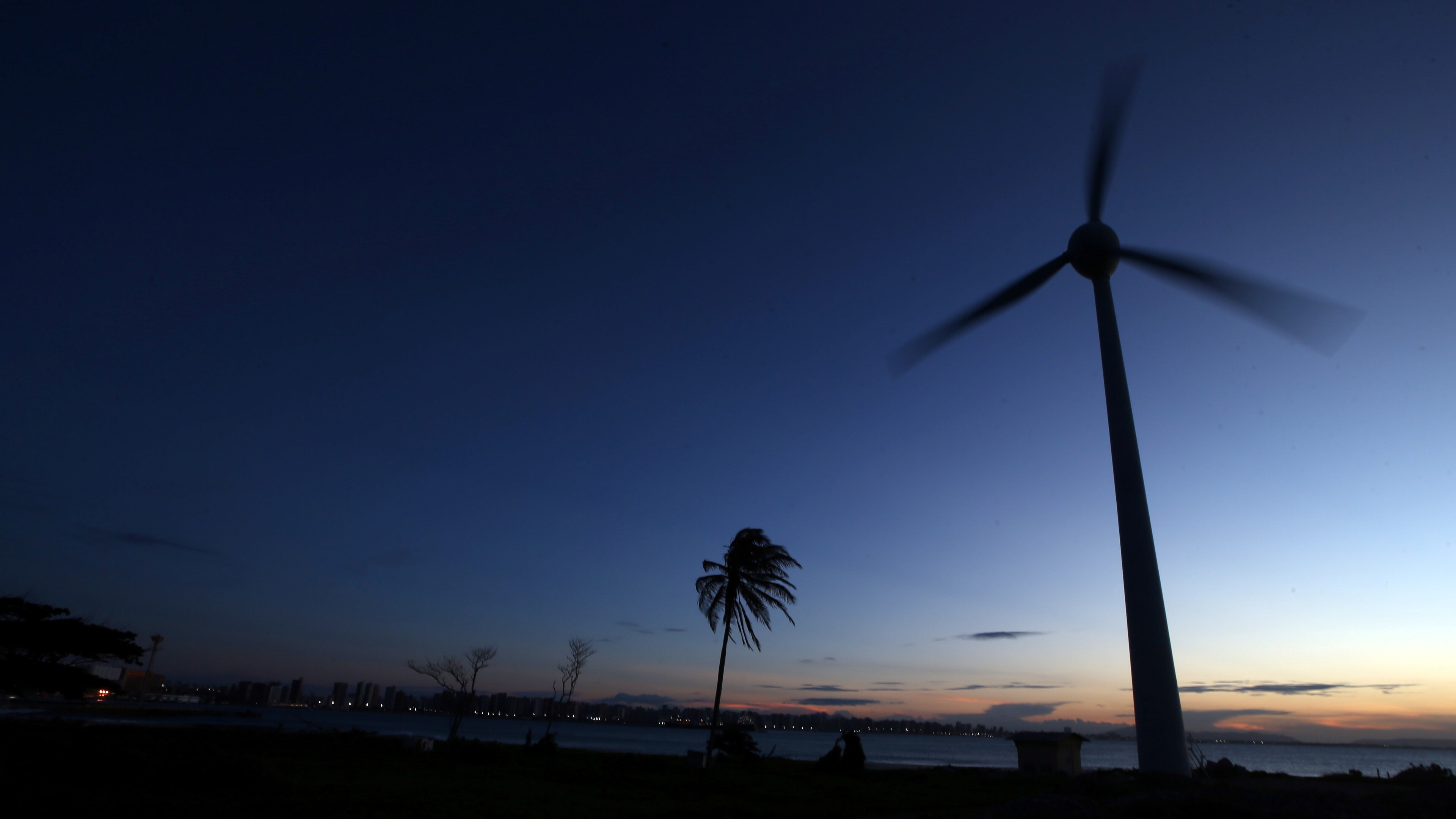The hidden crisis of liberal democracy

A “burning platform” with big, tangible impacts on our everyday lives is often the tipping point for concerted action. We call these crises.
Think of the G20’s actions in the wake of the global financial crisis or the global response to 9/11. Both events left governments and decision-makers with no choice but to act.
Then there are the hidden crises. These are usually not a single, explosive event, rather a pattern of events whose impacts are difficult to connect.
As such it takes time to bring to the surface the underlying cause and have it widely recognised as a crisis. It takes even more time to convince decision-makers to act.
Climate change is an obvious example of this knowledge-action gap.
For most of its “life” as a policy issue, climate change was perceived as an intangible – hard to define, connect and quantify. It was even harder to convince the public and policy-makers to respond.
Seminal developments over the past decade have changed all that. Scientific consensus, volatile weather patterns leading to observable security, economic and environmental impacts, as well as global awareness campaigns, have persuaded new stakeholders, including the US military and Bank of England, to move into the action camp.
Yet the evolution of climate change as an issue has exposed the least obvious crisis of the 21st century: our system of democratic governance.
It is on the tip of our tongue every time we speak of the difficulties in resolving climate change – our frustration with the lack of future-focused, coherent action. But we rarely articulate it.
So it remains largely hidden – and therefore largely off the agenda for action and change.
In what ways is liberal democracy failing?
Specifically, the failure to tackle climate change speaks to an overall failure of our liberal democratic system to:
• deliver competent, future-focused policy that can guide and give context to the pressing need for action on core challenges
• reconcile expert knowledge and community opinion to deal with the big issues of our age
• gain and sustain long-term consensus on what is often complex policy action to deal with these issues
• achieve effective action by devolving power to local communities or projecting solutions across borders through transnational collaboration.
Climate change is the sharpest manifestation of an entirely new order of policy challenges that confront and confound democracies around the world.
These include cybersecurity, corporate profit-shifting, deepening inequality, porous borders and the movements of people and money that spill through them.
Yet the crisis of liberal democracy remains intangible. This is because we prefer to blame the idiosyncrasies of leaders and bad leadership, rather than the system itself and its growing pattern of policy gridlock and dysfunction.
In the process, we overlook the fact that our delivery mechanism of democracy – liberal democracy – evolved out of a pre-21st century world. It was a world where the speed, scale and complexity of policy were of a dramatically lower order.
So in a globalised, digitally saturated world no longer bound by speed limits, our hands are tied by political and policy machinery, like parliaments, designed to synchronise with the 20th century’s comparatively languid rhythms of decision-making.
In a world of hyper-diversity, this “machine” is engineered to churn out responses to complex challenges within one-size-fits-all templates and packaged slogans.
Moreover, it is largely monopolised by political parties and career politicians. They seek to choreograph the 21st-century policy world with an unimaginative two-step of 20th-century ideologies and allegiances.
Creative coalitions and values that reflect today’s world are, as a result, largely absent.
All this should tell us why the consensus-creating and policy-making institutions liberal democracy relies upon for action and legitimacy risk becoming a case study of failure.
It is also why those who inhabit what is, in effect, an old-fashioned democracy “factory” retreat into the adversarial, the short-term and the sloganistic. These are the blinkers that allow them to shut their eyes to disruption and insist there is no underlying crisis.
What can be done to overcome this crisis?
Successfully tackling climate change and other big policy challenges depends on making tangible the intangible crisis of liberal democracy.
It means understanding that liberal democracy’s governance machinery – and the static, siloed policy responses generated by such democracies – is no longer fit for purpose.
It means coming up with disruptive solutions – like coalitions of countries, cities and companies to tackle climate change – that re-align this machinery with the new order of scale, complexity and speed that defines our 21st-century world.
Long-term solutions to fix the crisis in democratic governance in Australia might include:
• More deliberative systems that directly engage citizens and deepen debate. Such systems would work to capture and grow long-term vision, values and objectives – rather than static perceptions of incremental policy decisions made for tactical reasons.
• Expert and citizen panels that are genuinely intergenerational and cross-sectoral. Their composition should favour younger generations and ensure the baby boomer generation cedes some control over what it leaves to the next.
• Granting more decision-making power to institutions independent of the government of the day, but still accountable to parliaments (such as the Parliamentary Budget Office or Infrastructure Australia). This would increase the capacity of policy planning and decision processes to have staying power beyond individual political cycles.
• Enabling the appointment of some ministers from outside the parliament. This would allow experienced hands – experts at the top of their game – to lead a portfolio while remaining accountable to the parliament.
• Synchronising state and federal electoral terms (to be a minimum of four years), with state and federal elections to take place at two-year intervals. This would allow the meshing of short, medium and long-term planning, complete with clear milestones.
Some of these ideas might work. Some might not. But persisting with a system that seems increasingly incapable of managing the most pressing issues of our age is not an option.
Climate change is symptomatic of, and accelerates, the crisis across our liberal democratic systems. We cannot fix one problem without resolving the other.![]()
This article is published in collaboration with The Conversation. Publication does not imply endorsement of views by the World Economic Forum.
To keep up with Agenda subscribe to our weekly newsletter.
Author: Mark Triffitt is a lecturer in Public Policy at University of Melbourne. Travers McLeod is an Honorary Fellow in the School of Social and Political Sciences at University of Melbourne.
Don't miss any update on this topic
Create a free account and access your personalized content collection with our latest publications and analyses.
License and Republishing
World Economic Forum articles may be republished in accordance with the Creative Commons Attribution-NonCommercial-NoDerivatives 4.0 International Public License, and in accordance with our Terms of Use.
The views expressed in this article are those of the author alone and not the World Economic Forum.
Stay up to date:
Global Governance
Related topics:
Forum Stories newsletter
Bringing you weekly curated insights and analysis on the global issues that matter.
More on Climate ActionSee all
Lim Chow-Kiat
August 21, 2025






